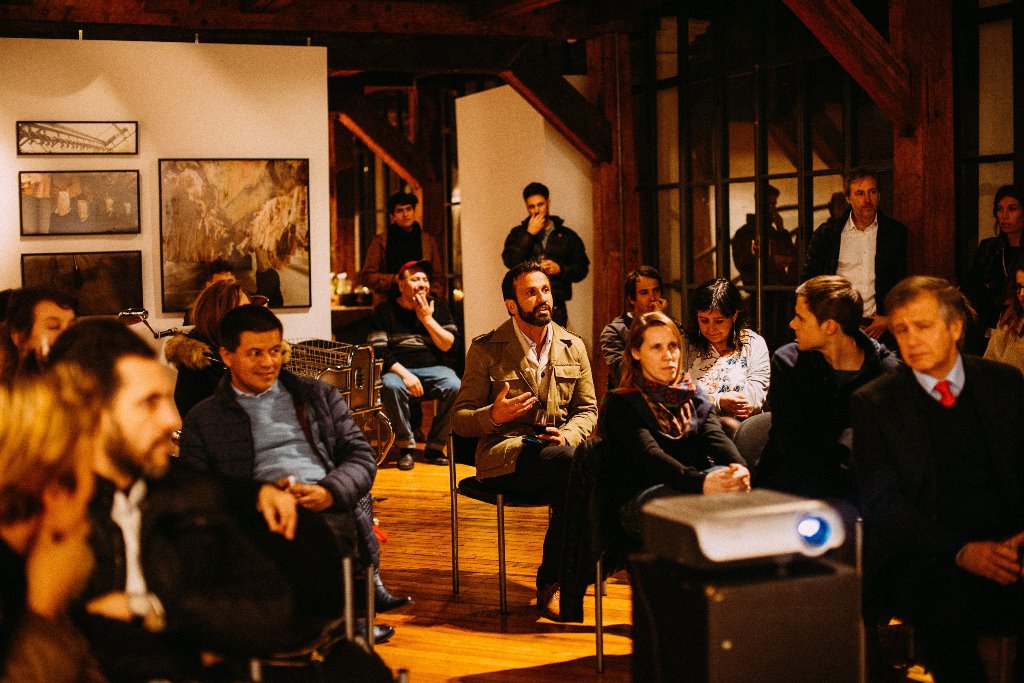Education websites have been pushed down the pecking order by the Google algorithm and it is becoming difficult with each passing day for the sites to attract new users.
Over sixty-seven percent (67%) of all traffic on the internet comes from search engines, and Google is the main one, has had a major effect on a lot of industries that rely on their websites to disseminate information about their services. This has also been the case for education websites.
Google search engines have been constantly changing. In the past five years alone, it has been very hard to keep track of the changes being implemented and this has become a dilemma to SEO experts.
These websites have been pushed down the pecking order by the Google algorithm and it is becoming difficult with each passing day for the sites to attract new users. Proof of this is the fact that sites such as aggregator sites or news sites that have content talking about given education institutions are being preferred as the better choices of information by the algorithms than the actual websites of the institutions.
This, therefore, means that the image, information, courses offered and how the schools are run is being taken away from the education sites and this can lead to misinformation and unintended message in the branding of education websites.
Unfortunately, this effect has been very rampant and only a select few education websites have not been affected such as Pennsylvania State University. Prestigious universities from England and other parts of the world have been hit hard by these changes. One would assume having a .edu website education would make an effect on your social ranking but this is further from the truth. These sites are forking around 10 US dollars average cost per click to get the traffic to their sites.
What can be done about Google?
Controlling the branding of your site is a very important step in ensuring that your website stays on top of the stack and is marketable. This, coming from an era where Google Search Engine Result Pages( SERPS) has introduced featured snippets called People Also Ask (PAA) has become a very difficult task. The PAA is one of the recent changes that are badly hurting the traffic of websites. Google has increased the usage of PAA from 15 percent in June 2018 to over 85 percent today. Research has shown that over fifty percent of all searches are answered without leaving the search engine because of PAA. This means lost traffic to education websites.
Going back to the basics is the only way to combat these changes. All algorithms are still built with great emphasis on keywords and links. The SEO managers should ensure that they have done their due diligence in determining the keywords they want to use.
Ensuring that your site has both internal and external linking is also a good way to navigate this problem. It is also important to note that one should not be deleting sites that are not being used anymore. This may end up hurting your SEO. In case one should delete these pages, ensure that there is redirection and no broken links.
Keeping all your content in one domain has also helped education websites greatly in ensuring that the traffic is not being shared and also increasing backlinks and external links to your site. Site speeds and mobile index should also work good to ensure you do not lose SEO scores for your sites. Keeping high standards of SEO for education sites is a tough job that needs to be done diligently. However, one has no choice but to adapt to the changing dynamics of search engines.







